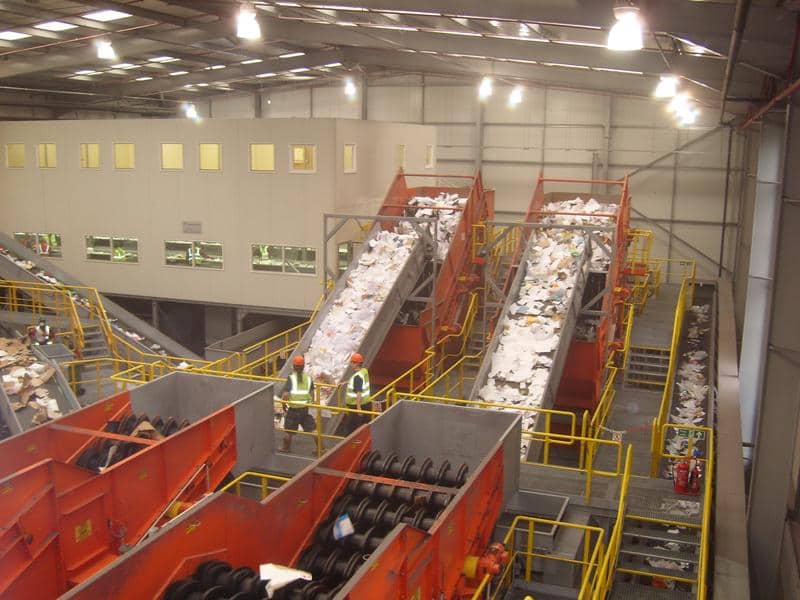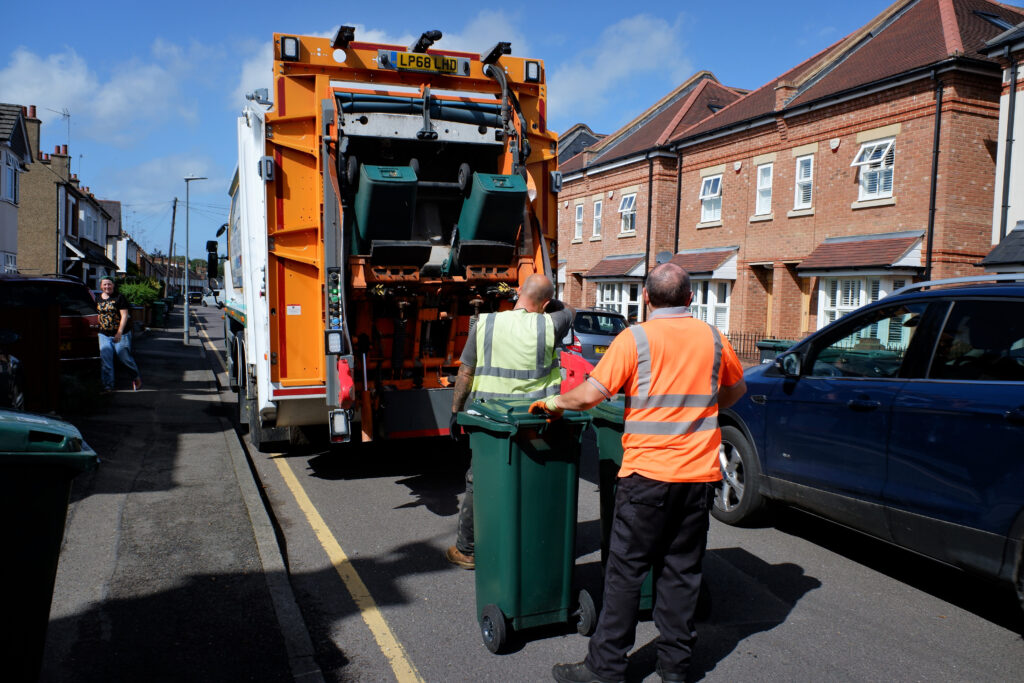The paper-based system of waste transfer notes used to record the movement of waste from collection to disposal is set to be replaced by an internet-based system from 2012 after the Environment Agency was awarded €2.09 million (£1.74 million) in European Commission funding for its Electronic Duty of Care project.
The funding, which was confirmed last week (July 23), will meet 50% of the €4.18 million (£3.48 million) costs of the Electronic Duty of Care (EDoC) initiative, which aims to replace more than 18 million paper waste transfer notes a year by 2015.
A waste transfer note must be created for every load of waste produced, to show waste carriers and site operated exactly what was they're dealing with and to ensure a clear audit trail for waste. Copies of the notes must be kept for at least two years.
The Commission said that the current system “is a relatively inefficient and complicated process for both waste-chain stakeholders and regulators, not to mention the associated environmental costs”.
And, it said that the move to a national, internet-based interface to replace the paper system aimed “to enable the monitoring and mapping of waste management without creating a mountainous paper trail”.
The nationwide EDoC project is scheduled to begin on January 1 2011 and last until December 18 2012, building on work carried out by the Environment Agency under a pilot EDoC trial, run with a small number of companies including London-based waste firm operator Bywaters, which launched in May 2009 (see letsrecycle.com story).
This initiative was based on using mobile computer technology and a web-based tracking system to create and maintain electronic waste transfer notes, with the Agency claiming that it would improve the quality of date, make it easier for producers to track their waste, help waste carriers to meet their Duty of Care obligations and reduce the risk of fly-tipping.
Stakeholders
Outlining how the nationwide system would be developed, the European Commission explained that the framework would be designed with input from selected stakeholders on issues such as accessing the internet-based interface and added: “Businesses should be able to move to the EDoC system in 2012.”
“Using the system should demonstrate improved quality and reliability of waste data and create a more streamlined system for producers, brokers, carriers, receivers and regulators of waste, who will be able to refer to and agree the same digital information, rather than creating multiple paper records,” it said.
The Commission also claimed the system would make it easier to access “real-time” data on waste movements, therefore offering security for waste producers against unauthorised disposal of their waste.
And, it said that, as well as allowing “relatively easy” benchmarking of waste management performance, the system would “facilitate the identification of opportunities for waste prevention, recovery and recycling throughout the life-cycle of the waste”.
LIFE+ programme
The money was provided by the European Commission under its LIFE+ programme, and is one of four projects to have received a share of the latest €12.4 million funding award from the programme's ‘Environment Policy and Governance' strand.
Commenting on the funding allocations, environment commissioner, Janez Potocnik, said: “The LIFE+ programme continues to fund high quality, innovative projects with a high level of added value for the EU.
“I believe that these new projects will not only make a significant contribution to nature conservation and to improving the environment, they will also help raise awareness across Europe of the key environmental challenges facing us, notably biodiversity loss, water scarcity and climate change,” he added.
A spokeswoman for the Environment Agency said it could not comment until a funding agreement had been formally signed between the Agency and the Commission.
“We are awaiting final Grant Agreement documentation from the Commission. This is expected over the next few weeks. A formal contract between the Environment Agency and the Commission will not exist until these documents are signed,” she said.









Subscribe for free